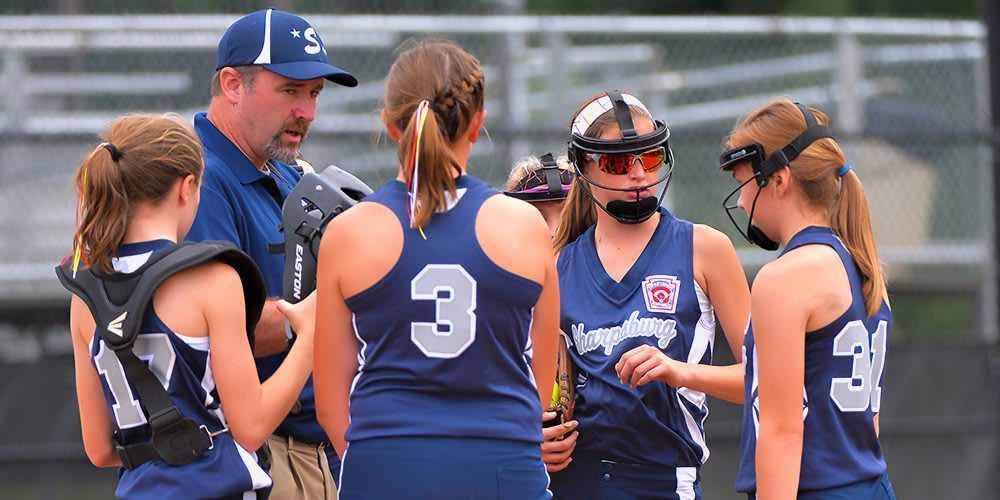By David Jacobson
Positive Coaching Alliance
The decision to coach is a big one, but also a rewarding one. As a coach, you are responsible for much more than simply supervising your players, teaching the game, and striving to win. You are responsible for providing a fun, physically and emotionally safe environment that develops your Little Leaguers® as players and as people.
Therefore, it is important that you adequately prepare for your first time coaching. Basic steps include:
- Getting a sense of what to expect and how to be prepared by visiting Little League University and reviewing the training and education materials in the Coach’s section.
- Take the Little League Double-Goal Coach® Course to learn how to coach in pursuit of wins and the more important goal of teaching life lessons through baseball and softball. One key item to review is Positive Coaching Alliance’s “11 Tips for The First-Time Coach.”
- Deepening your knowledge of the sport’s on-field components (playing techniques, strategies, etc.) and even more importantly attempt to grasp the sport psychology and communications skills that will benefit you and the youth you serve.
- Talk with other coaches about their experiences. Learning from the successes and challenges faced by your peers will help you form a vision of what you want to pursue – how your players perform and what they take away from the sport – as well as what to avoid.
 All of this suggested background and research begins leading you to a coaching philosophy that will serve you well when (not if) you face issues ranging from getting through to players about technique to talking to parents about their children’s progress to working with umpires. The background and research should combine with a healthy dose of introspection, including:
All of this suggested background and research begins leading you to a coaching philosophy that will serve you well when (not if) you face issues ranging from getting through to players about technique to talking to parents about their children’s progress to working with umpires. The background and research should combine with a healthy dose of introspection, including:
- Why do I want to coach? For first-time Little League coaches, answers are often along the lines of “spend time with my child in a healthy activity” or “because I love the sport” or “contribute to our community.” All are great reasons. Honing in on them, and expressing them, helps keep you mindful of the highest goals for your coaching.
- What kind of coach do I want to be? One-word descriptions here might range from “winning” to “enriching” to “impactful” to “fun.” Again, all are valid and important and can ultimately guide you when you have to make decisions during the season.
- What are my natural personality traits? Just about any coach will tell you the most important thing in coaching is to be yourself. Be authentic. A naturally boisterous person brings a different set of strengths than, say, the person who gravitates toward a technical teaching style. Identifying and naming those traits will help you determine the type of coach you want to be.
Of course, there are many other avenues you might explore once you start this preparation for your first time coaching. The combination of research and introspection may seem a little more than you bargained for when you volunteered to coach. However, it can be rewarding in and of itself. And if you do a good job of it, your players will certainly be rewarded.
For more ideas on getting the most out of your players while teaching life lessons, take the full-length Little League Double-Goal Coach Course, or the free Little League Double-Goal Coach Quick Course.